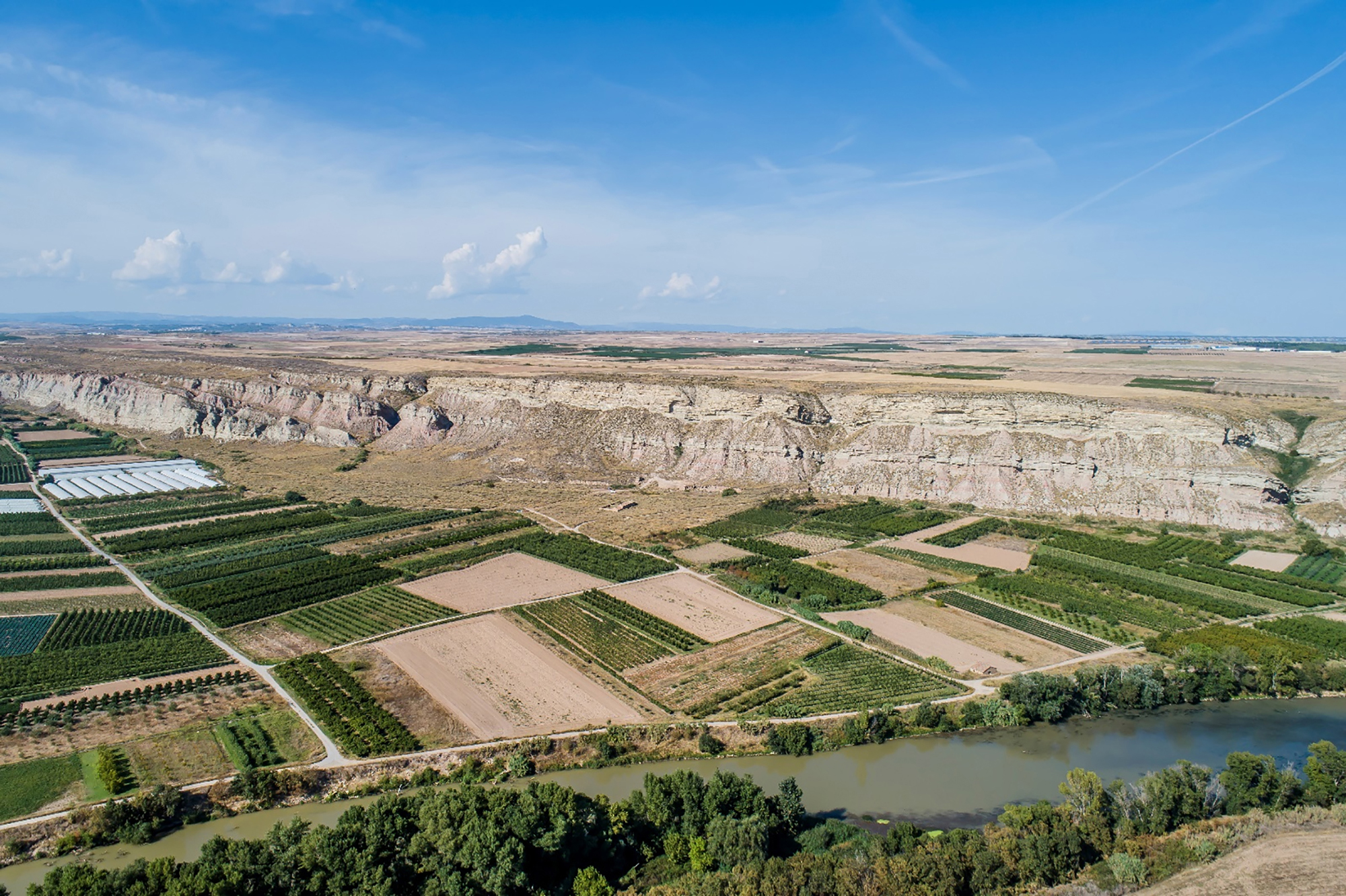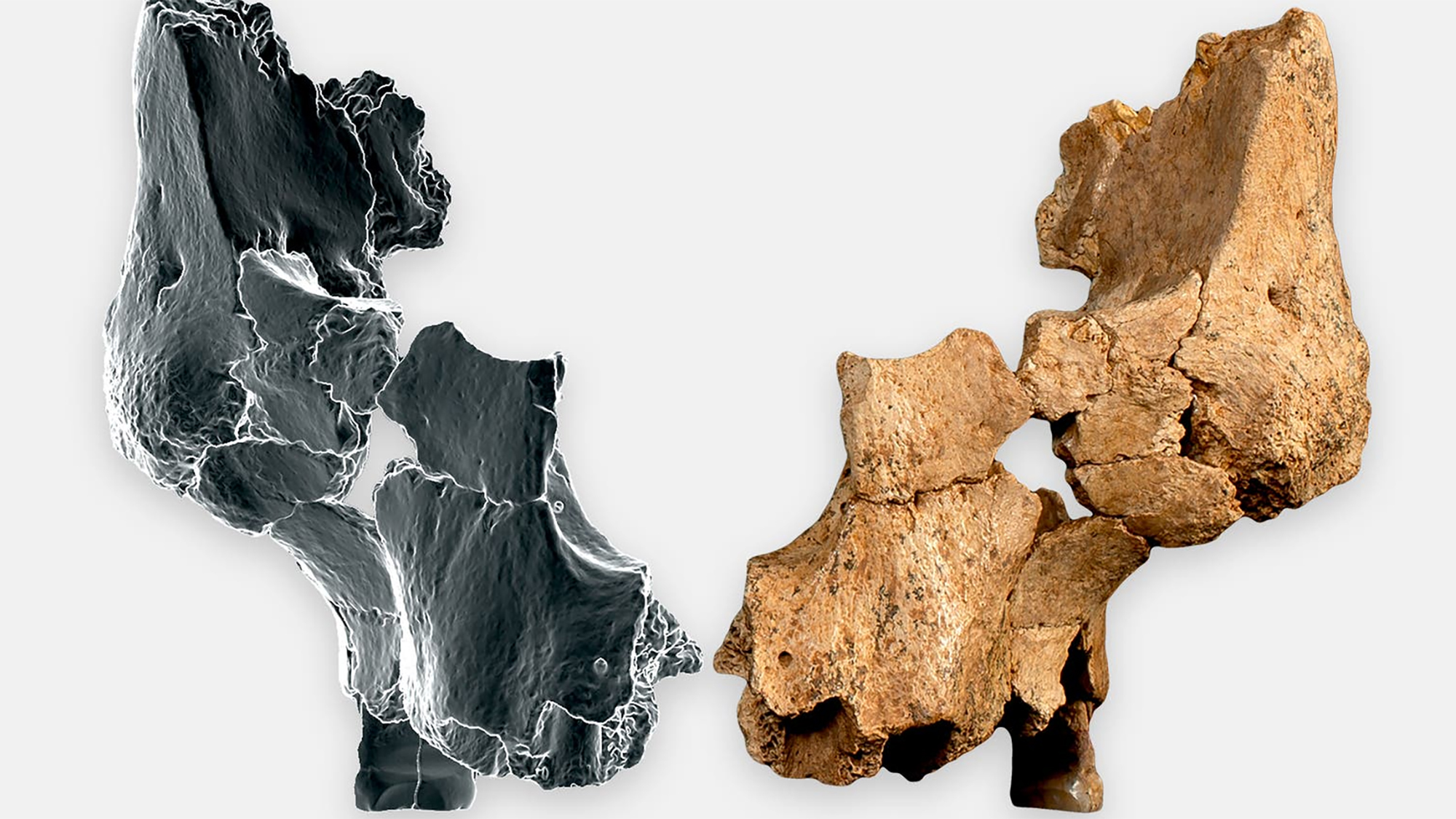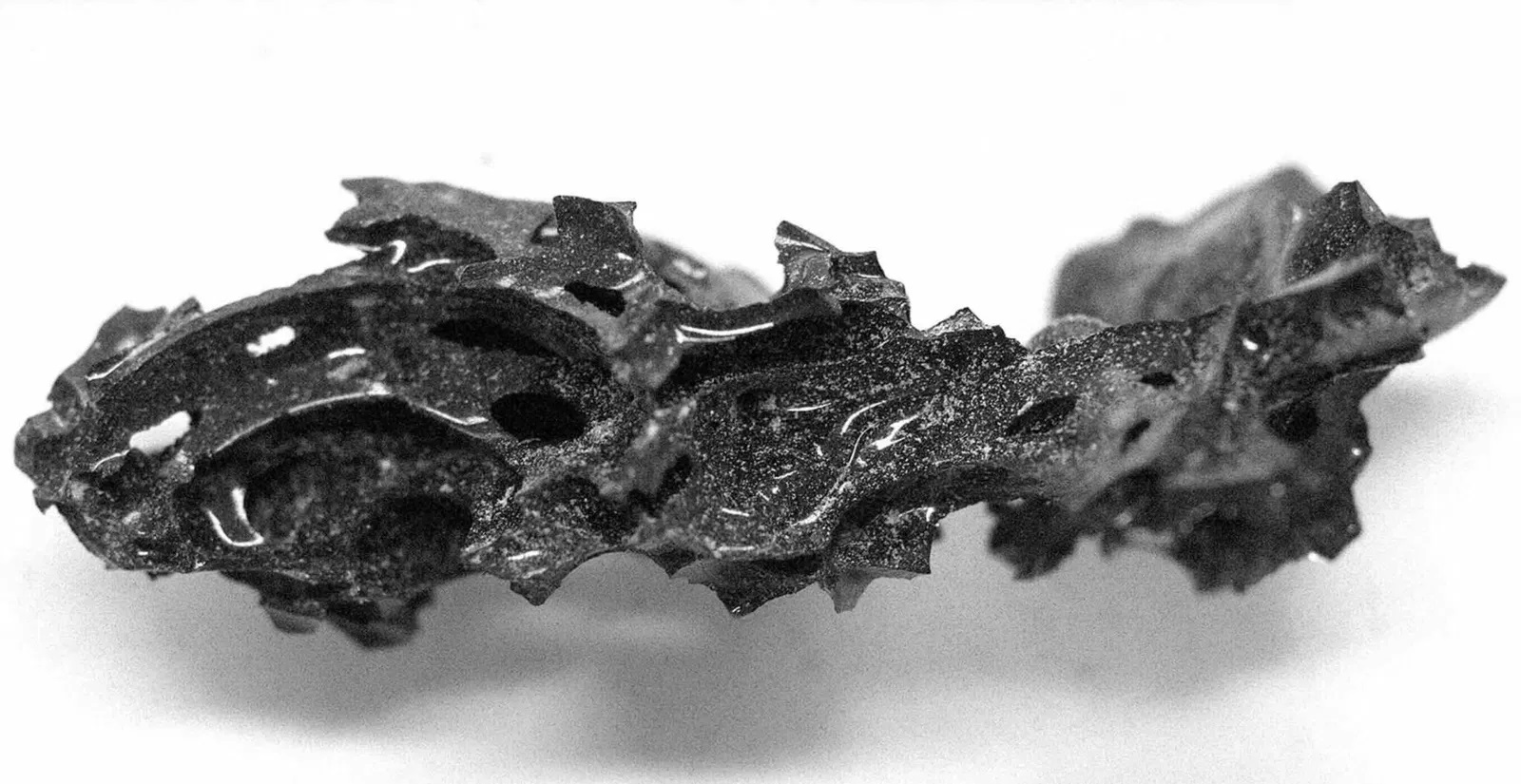Sleep, much more than rest
- Allan Rechtschaff’s pioneering dream researcher said in 1978 that if sleep did not have an absolutely essential function, it would be one of the biggest mistakes of evolution. It is not an error of evolution, of course. Thanks to the research of recent years, it is becoming increasingly clear that we have not spent almost 30 years of sleep.

“It’s a need to live, like drinking and eating,” says Joaquín Durán-Cantolla, Chief of Research Services at BioAraba and Eduardo Anitua, Director of the Sleep Unit at the Clinic. “A week of insomnia already causes psychiatric alterations; and those who do not sleep are dead in three months.”
Sleep is part of the life of these animals. “It has been researched in ninety species and we know that everyone needs it,” explains Durán-Cantolla. “Even the simplest animals sleep; and reptiles, birds and mammals have a very similar dream, with phases of different depths.”
We humans sleep for almost 30 years, and it's not in vain. Durán-Cantolla is clear why: “It is a vital activity for our health; there are many metabolic and biochemical processes that guarantee health when we sleep. Memories are organized and memory is structured, our defense system is strengthened, children grow, the brain is cleaned, etc. That’s why sleep is so necessary, because we do all those things when we sleep.”
It is becoming increasingly clear that the functions of sleep are many and important. One of the most well-known functions is memory processing and consolidation. In mice, it has been seen that the changes in structure and composition that occur in the synapses of neurons during sleep are key to fixing memories. And some experiments with people show that those who don't sleep well have more negative memories. “The brain does a memory cleanse, removes memories that it doesn’t need or that it doesn’t fit,” says Durán-Cantolla.
Cleaning the brain
A 2013 study showed that the brain, during sleep, also washes more than memory. Researcher Maiken Nedergaard thought it was very rare for the lymphatic system not to reach the brain. It is precisely this system that allows the disposal of waste by the cells of the body. Thinking that the brain should have a similar mechanism to evacuate waste, Nedergaard looked for that mechanism in the brain of the mice. And he found that when mice slept, the brain cells contract and the intercellular space increases by 60 percent, making it easier to move the intercellular fluid and clean the garbage that accumulates in the brain. It was called the glymphatic system due to the importance of glial cells in this process.
This cleaning system can be very important because many diseases are related to the garbage that accumulates in the brain. Alzheimer's, for example, is related to the accumulation of ß-amyloids and tau proteins. And indeed, there's a lot of research that shows the connection between sleep and Alzheimer's, although it's still not clear what it was before, the egg or the hen. “Alzheimer’s, like almost all psychiatric illnesses, alters sleep; saying that sleep disturbances can cause Alzheimer’s is today too much to say,” says Durán-Cantolla.
However, this cannot be ruled out, as research in recent years suggests. David Holtzman (University of Washington) demonstrated in 2009 that mice have a higher degree of ß-amyloid when they are awake in the brain and lower when they sleep; and that the brains of mice that do not sleep well accumulate more than double ß-amyloid in a month compared to those that sleep well.
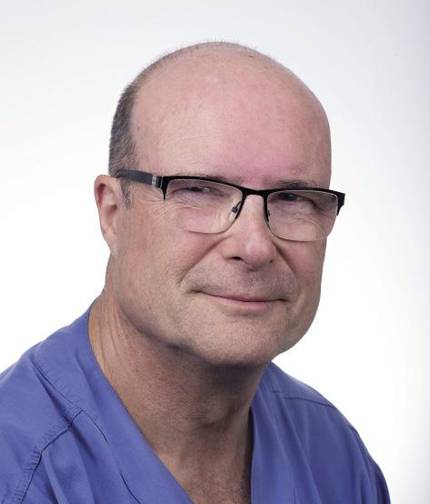
The investigation showed that the less I slept, the worse the consequences. Moreover, further research has shown that further sleep improves the cognitive problems of Alzheimer's disease in flies and mice at least.
And in a study published in Science last February, Holtzman and his colleagues showed that in people who were 36 hours without sleep, 50 percent more tau proteins accumulated in the brain. So researchers have concluded that lack of sleep is very likely to accelerate the development of Alzheimer's. Durán-Cantolla also agreed on this: “If an Alzheimer’s patient falls asleep badly, the evolution will be worse than that of a patient who sleeps well, because the cleaning and reorganization processes that occur during sleep are going to work worse.”
Maintenance
Besides cleaning and reorganization, it seems that sleep can also be the time for repairs. A study published in March in the journal Nature Communications shows that in zebrafish the movement of chromosomes increases during sleep, which changes its structure in order to correct the mistakes that accumulate in DNA.
And another important maintenance that we do when we sleep is that of the immune system. “Our immune system needs continual updates so they don’t face ourselves,” says Durán-Cantolla. “The balance between protecting and damaging is fragile, even if it is very well structured, because this fragile balance is reinforced during sleep.”
A 2017 study of twins found that those who slept less had a weaker immune system than their family members. Several studies with vaccines have shown that fewer antibodies are produced when little sleep occurs. And a study published in February showed that the effectiveness of T lymphocytes of volunteers who spent the night in wakefulness was much less than that of those who slept. It was observed that some hormones, such as adrenaline and prostaglandin, reduce T lymphocytes and that, as the level of these hormones decreases when we sleep, the effectiveness of T lymphocytes is much greater.
In fact, sleep is already present in hormone regulation systems. For example, “we know that lack of sleep causes obesity, because it affects insulin metabolism and some hormones and neuropeptides that regulate hunger,” explains Durán-Cantolla. When little sleep, the level of insulin decreases, the greline hormone increases the gose-motor hormone and the leptin hormone indicates that it is saturated, the leptin hormone decreases. As a result, appetite increases when you don't get enough sleep.
In addition to obesity, sleep affects hypertension, diabetes and other metabolic disorders and diseases. One of the most prominent is arteriosclerosis. In recent years, hundreds of studies have shown that lack of sleep can lead to arteriosclerosis. “People with sleep problems, such as insomnia or apnea, are at higher risk for cardiovascular problems, especially due to arteriosclerosis,” explains Durán-Cantolla.
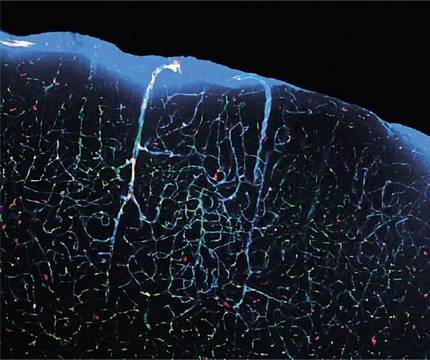
It is clear that sleep increases the risk of being healthy. “Sleep fights aging,” says Durán-Cantolla. “People who sleep well have a much better psychological well-being and quality of life, and stay younger.”
Good Dream
Quantity and quality are the two important things. “The eight-hour thing is a myth, what we know is that those who sleep less than six hours or more than nine have a health problem. But in that interval 6-9, depending on the person, it may be appropriate. Statistically, it could be an appropriate number.”
Trying to recover what has been lost on weekends is not a good thing. “If we sleep more than two hours than usual during the weekend or on vacation, it means we have a lack of sleep. It's when we try to pay the dream debt. But sleep cannot be recovered,” says Durán-Cantolla.
In terms of quality, it is important that the stages of sleep are properly accomplished. “It’s like going down stairs, we’re going to deeper and deeper phases, until we end up in the REM phase,” explains Durán-Cantolla. “We normally perform between 5 and 6 cycles of this kind in one night, each one lasts about an hour and a half.” It is important that these cycles are properly met and deep sleep is especially important. That's when the brain cleansing system and repair and reorganization processes are the most effective. “Approximately 20-25% should have a deep sleep.”
“You can sleep for ten hours, but for example, if you have apnea, your brain is constantly waking up, even if you don’t realize it. You will not sleep deeply and it will not be a dream of quality,” says Durán-Cantolla. And she stresses that those who feel tired or sleepy during the day, or think they do not sleep well at night, should consult the doctor. “Almost all sleep disorders have a remedy. But those who are not diagnosed cannot be remedied.”
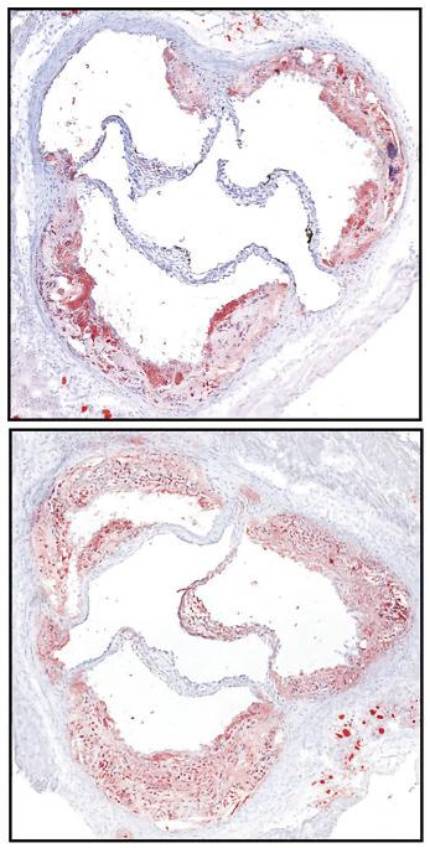
Right to sleep
However, “in society there is an increasing awareness of the importance of sleep,” says Durán-Cantolla. “We always say that sleeping is a right. The right to health includes the right to sleep well, taking into account that health is much more than disease.
In this sense, it rejects the customs and timetables we have today, especially in the south: “We’re in a time zone that doesn’t suit us. Our brains have been regulating hundreds of thousands of years of light darkness, and it cannot be that a man, almost eighty years ago, as a very friend of the Germans, put the time of the Germans, and even if the political situation has changed radically, still carry on with the time of the Germans. It makes no sense. And the time changes, too. The brain goes crazy. We should stand in the time zone of Greenwich and with the winter time.”
“Our schedules are crazy. We are the society with the most hours of work and the least performance in Europe. We take too much time to eat, we eat too late and too much, and then we take little performance to work. We departed late from work, had dinner at 21:00 and went to bed at 00:00. But in the morning we rose at the same time as the rest of the Europeans. We live with chronic insomnia. We have a great deal to improve, but it is not enough for sleep specialists to shout at it; political and civic actions are needed. It is very important that society asserts the right to sleep well.”
Sleep well.
Wikipedian bilatu dut hitza, eta honela ulertu dut irakurritakoa: errealitatea arrazionalizatzeko metodologia da burokrazia, errealitatea ulergarriago egingo duten kontzeptuetara murrizteko bidean. Errealitatea bera ulertzeko eta kontrolatzeko helburua du, beraz.
Munduko... [+]
Nortasuna Sarean jardunaldien 10. edizioa egingo dute asteazken honetan Donostiako San Telmon, KomunikaziONA bideguruatzean izenburupean. Egungo komunikazio joerak aztertu eta "alternatiba osasuntsuagoak" topatzen saiatuko dira. Hainbat hizlari gonbidatu dituzte, euren... [+]
Orain dela 20 bat urte, berrikuntzaren inguruan master bat egin nuen. Bertaraturiko gonbidatu batek esan zigun gizakion historian berrikuntza teknologikoaren eragile handiena gerra izan zela. Gerra, halaber, eragile handia da botere harremanen berrikuntzan.
Berrikuntzaz ari... [+]
Punto Bobo liburuaren irakurketan murgilduta, Itxaso Martin Zapirain egilearen Eromena, Azpimemoria eta Isiltasunak Idazten ikerketa lanean sentitu nuen egiazkotasun eta maila etikoarekin egin dut berriz ere topo. Eta hortaz, hara bueltatu. “Oihu izateko jaio zen isiltasun... [+]
Puntueusek eta Cyberzaintzak elkarlanean ikusentzunezko baliabide pedagogiko bat sortu dute gazteentzat eta haiekin lan egiten duten profesionalentzat: irakasle, guraso eta hezitzaileentzat. Ikusentzunezko honen bidez, ziberjazarpena ezohiko ikuspegi batetik... [+]
Aranzadi Zientzia Elkarteko Etnografia Sailaren zuzendari berria da Maite Errarte Zurutuza (Beasain, 1995), urrian Fermin Leizaolaren lekukoa hartu ondoren. Kultura materiala aztertzen jarraitzeko beharra azpimarratu du, gizartearen memoria eta bizimodu aldaketak erregistratzeko... [+]
Aspaldi pertsona oso zatar bat ezagutu nuen, urrun izatea komeni den pertsona horietako bat. Bere genero bereko pertsonengana zuzentzeko, gizonezkoengana, “bro” hitza erabili ohi zuen. Edozein zapaltzeko prest zegoen, bere helburuak lortzeko. Garai hartatik hitz... [+]
La bajona kolektibo kide Heiko Elbirak salatu du psikiatriak zisheteroarautik aldentzen diren erotikak kontrolatu nahi dituela.
Atapuercako aztarnategian hominido zahar baten aurpegi-hezur zatiak aurkitu dituzte. Homo affinis erectus bezala sailkatu dute giza-espezieen artean, eta gure arbasoek Afrikatik kanpora egindako lehen migrazioei buruzko teoriak irauli ditzake, adituen arabera.
Chão de Lamas-eko zilarrezko objektu sorta 1913an topatu zuten Coimbran (Portugal). Objektu horien artean zeltiar jatorriko zilarrezko bi ilargi zeuden. Bi ilargiak apaingarri hutsak zirela uste izan dute orain arte. Baina, berriki, adituek ilargietan egin zituzten motibo... [+]
Sare sozialetan badira zenbait pertsona eragin gaitasun handikoak. Jarraitzaile ugari dute, eta euren iritziak egiatzat hartzen dira. Askok, ordea, egia barik, interes propioa edo klase baten interesak iraunkortzea bilatzen dute. Ameriketan komentokrata deitzen zaie. Alegia,... [+]
79. urtean, Vesubio sumendiaren erupzioak errautsez eta arrokaz estali zituen Ponpeia eta Herkulano hiriak eta hango biztanleak. Aurkikuntza arkeologiko ugari egin dira hondakinetan; tartean, 2018an, gorpuzki batzuk aztertu zituzten berriro, eta ikusi zuten gizon baten garuna... [+]









